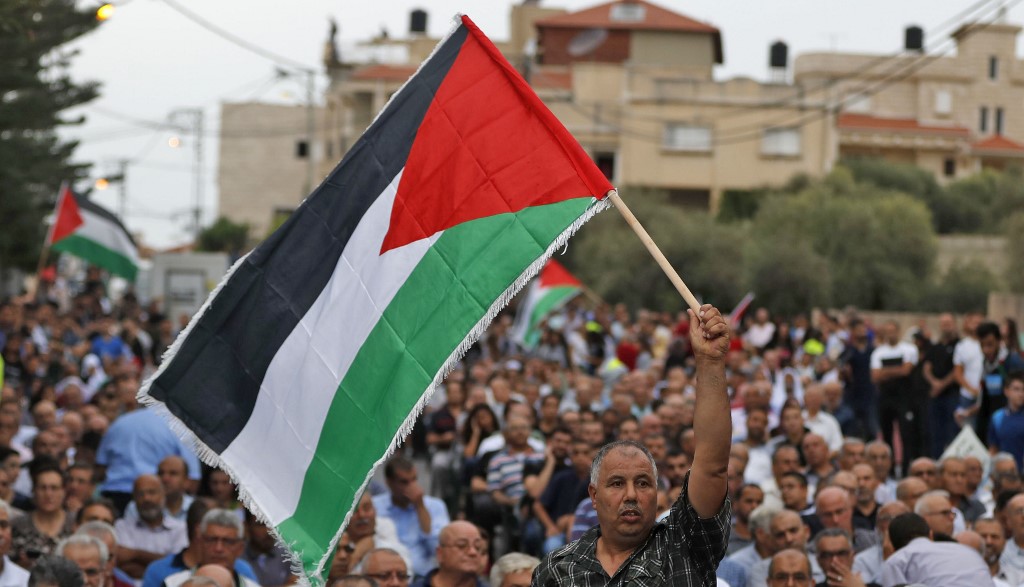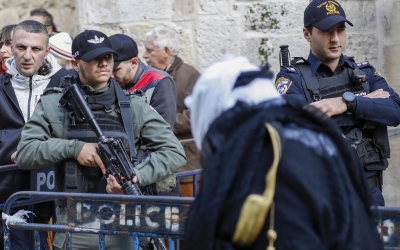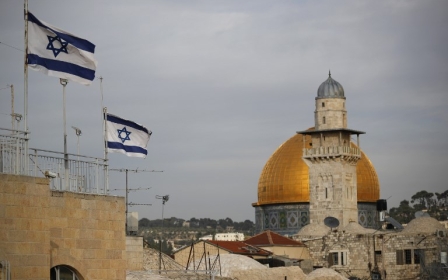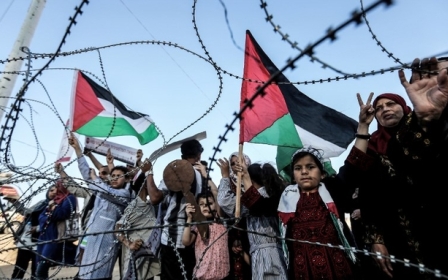The Palestinian children of Karmiel know what Israeli apartheid is
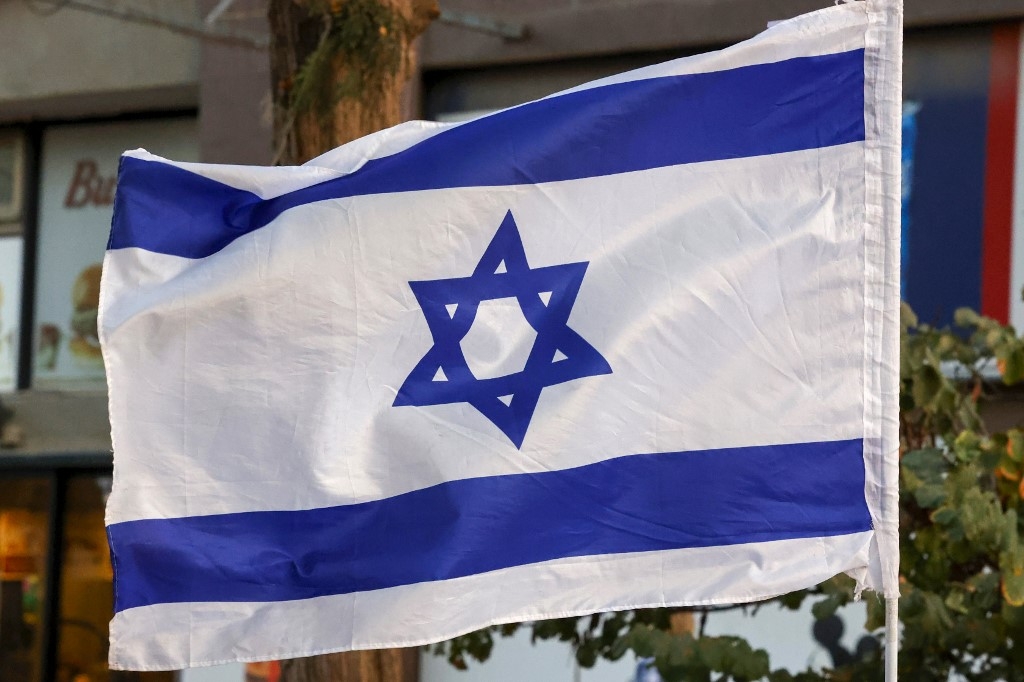
Less than a day after Israel's nation-state law was approved by the Knesset, Haaretz published a commentary by Jonathan Lis addressing its practical significance. "The nation-state law is mainly a symbolic measure designed to enshrine national values in a basic law," he wrote.
Considerable commentary of this nature was heard at the time: Israel is defined as a Jewish state, with all the concomitant discriminatory ramifications. Many sought on that basis to mute criticism of the new law. Others understood that the law, officially legalising apartheid within Israel's borders, would be more than merely symbolic.
Lawyer Hassan Jabareen, founder of the legal defence group Adalah, whose petition against the law has been pending for more than two years, described it nicely to me at the time: if hitherto Arab citizens could turn to the courts for help in fighting discrimination in the name of the law, from now on the legal system itself can validate apartheid, also in the name of the law.
Confiscated land
A 30 November article in Haaretz proves just how correct Jabareen's point was, as the Krayot Magistrate's Court recently cited the nation-state law as grounds to reject a petition from Arab children in Karmiel seeking reimbursement for their bus fares to Arab schools outside the town, since there are no Arab schools in Karmiel.
New MEE newsletter: Jerusalem Dispatch
Sign up to get the latest insights and analysis on Israel-Palestine, alongside Turkey Unpacked and other MEE newsletters
"Karmiel, a Jewish city, was founded to strengthen Jewish settlement in the Galilee," Senior Registrar Yaniv Luzon wrote in his decision. "Establishing an Arabic-language school... [and] funding school transportation for Arab students, for anyone who needs it anywhere, could change the demographic balance of the city and damage its character."
The experience of more than seven decades proves that the Israeli legal establishment is an integral part of the system of Jewish superiority
It might be worth noting the founding circumstances of the "Jewish city" of Karmiel, whose character the chief registrar is so concerned about: Karmiel was established in 1964 on land confiscated from surrounding Arab villages.
Karmiel is one of more than 700 communities the state has built for the Jewish population since Israel's founding, compared with none built for the Arab population - apart from a few towns in the Negev designed for the orderly resettlement of Bedouins whose lands the state coveted.
Though the two populations have grown at a similar rate since 1948, the apartheid land-use policy, which confiscates land from one population to build towns for the other, has so constricted Arab towns geographically that many of their residents have been forced to find housing in nearby Jewish towns.
But apartheid is unhappy with that too, apparently. It does not want Arabs in Jewish towns, and it also does not want to let them live on their own lands, separately. On the one hand, outright theft; on the other, a sense of superiority and racial purity.
'Equal rights as individuals'
Back in the day, when the nation-state law was brought before the Knesset, its initiator, Avi Dichter, made the following appeal to Arab citizens: "You will be able to live as a national minority among us and enjoy equal rights as individuals, but not equality as a national minority."
Now, Senior Registrar Luzon clarifies, based on the nation-state law, even "living among us" is not a real option, because maintaining Jewish demographic superiority is an explicit goal of the law itself. That is, even if theoretically the Arab residents of Karmiel were prepared to send their children to the city's Jewish schools - where they would be exposed to racist, militaristic indoctrination that, among other things, normalises the occupation - that would not be a solution. Their very presence in the city is unwanted, and fighting against it is considered legitimate and lawful.
The person who ought to have been battling for the rights of these students who petitioned the court for help is Education Minister Yoav Galant, who voted in favour of the nation-state law. Given the court's decision, it is worth noting again the deception in the distinction made by Dichter between individual rights and national rights for Palestinian citizens.
Has the massive confiscation of land belonging to Arab citizens been done on an individual or a national basis? Is the discrimination against Arab students carried out on an individual or a national basis? Is abandoning the security of Arab citizens and ignoring their victimisation by organised crime an individual or a national trend? Is preventing Arab families from making their homes in Jewish towns via residential screening committees happening on an individual or a national basis?
Just one service was accomplished by the nation-state law for the public discourse in Israel, and that was tearing the mask away from all these manipulative and false distinctions.
Persecuting Palestinian identity
The children of Karmiel did not petition the court to allow them to wave a Palestinian flag or sing the Palestinian anthem in the city's streets. They petitioned for the right to live in their city and study at a school where their language is spoken, and where they will not be viewed as inferior citizens. The court made it clear that their Palestinian identity makes them inferior and unwanted; that their very existence is a threat, by law.
The country's Arab citizens are persecuted for wanting to be who they are. Their Palestinian identity is what makes them, in the eyes of the Zionist government, less than fully reliable citizens. The intra-Zionist argument is only about limits to their rights, which are never material and are always conditional.
True, institutional and racist discrimination against Arab citizens of Israel existed even before the nation-state law. But with its passage, the parliament of Israel proudly proclaimed the legitimacy of the state's apartheid foundations. Apartheid became the law of the land.
Although many petitions against the nation-state law are still pending, the experience of more than seven decades proves that the Israeli legal establishment is an integral part of the system of Jewish superiority. It is the gatekeeper. In that sense, Luzon has simply done what is expected of him.
The views expressed in this article belong to the author and do not necessarily reflect the editorial policy of Middle East Eye.
Middle East Eye delivers independent and unrivalled coverage and analysis of the Middle East, North Africa and beyond. To learn more about republishing this content and the associated fees, please fill out this form. More about MEE can be found here.



